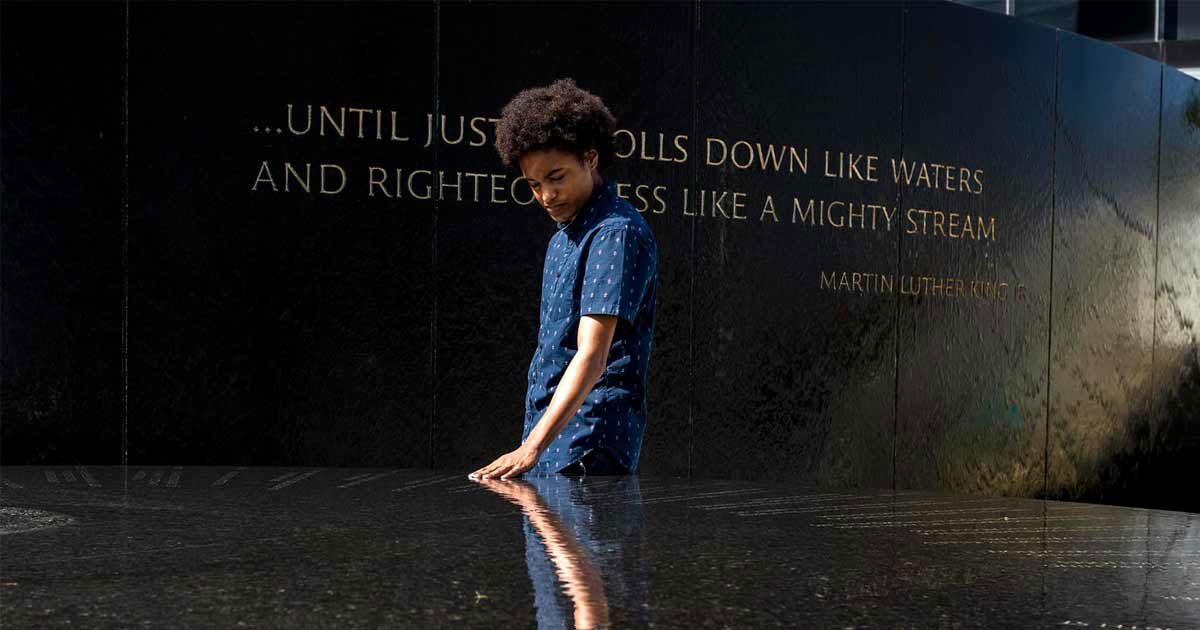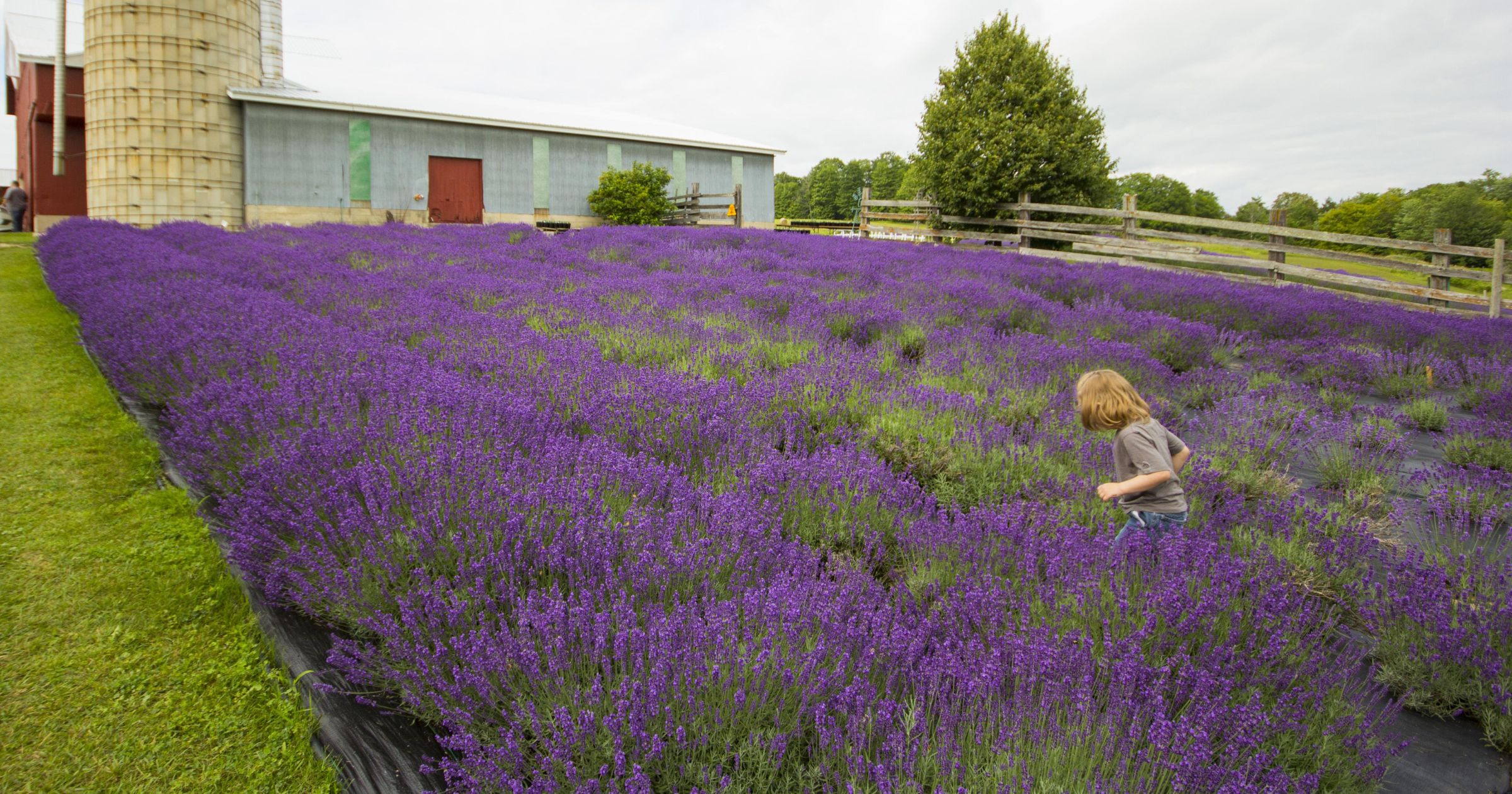
What We Can Learn from Hurricane Melissa
On October 28, 2025, Hurricane Melissa—the third-most intense Atlantic hurricane on record—made landfall in Jamaica, causing catastrophic damage and loss of life. As the island and others nearby now focus on recovery, we touched base with Jessica Parker, Founder of Trip Whisperer and a seasoned travel public relations and marketing expert, to discuss what lessons there are to learn from the storm.
Parker, who boasts nearly two decades of experience in the travel and hospitality industry with brands like Singapore Airlines, Expedia, Hilton Luxury Brands, and The Bahamas Ministry of Tourism, notes that from a consumer perspective, it’s natural to think about changing your plans when there’s uncertainty. Whether it’s related to unrest or ahead of potentially serious weather, trips are often a large investment, so it makes sense to question if cancelling is the right decision, depending on the circumstances.
“I just always ask people to kind of take a minute to let the dust settle before anyone makes any kind of kneejerk reaction,” Parker said, noting the importance of finding and listening to trusted local sources for the most accurate and up-to-date information. “I caution people to not just look to general people on the internet posting things; look to the official channels of a CVB, Ministry of Tourism, a DMO, or airline, because they're going to try to give you the most real updates in situations like these. And they're also considering safety—not thinking about consumer dollars.”
If you or your groups are in a destination where danger is unavoidable or time has run out to cancel/evacuate, it’s vital to first and foremost prioritize safety over an itinerary or filming footage for social media. Listen to and follow the lead of locals and hospitality workers, remembering that while you’re on vacation, this is their home and their lives.
“My sister-in-law is Jamaican, so the first thing I did was text her to see how she's doing. Her sister works in emergency relief so, she's extremely busy assessing the situation and really just trying to get people resources,” Parker shared. “And so, for us, we have to remember that we might be vacationing there once or annually, but for these people, this is their livelihood. Her father's roof flew off; her mother was safe. But then they're dealing with connectivity issues and power cuts, so a lot of information isn't getting out. It's important to kind of give some grace.”
From a PR perspective, Parker encourages other travel professionals to have general holding crisis statements prepared which can be tweaked as more verifiable information becomes available to share with clients so they know you’re working hard on their behalf. Set the tone by remaining calm and offering reassurance.
As a travel advisor, Parker stays close to her inbox during times like these in order to best advise her clients, citing Round Hill Hotel and Villas in Jamaica as having done a wonderful job in communicating updates in terms of what folks should expect with traveling now and in the future, cancellations, etc. It’s wise to keep in mind that having some patience in your communications with industry partners is necessary, as you don’t want to bog them down with unnecessary questions when they’re likely already readying the distribution of important information.
Parker also emphasized something those in the industry know well: the importance of having travel insurance.
“I always recommend travel insurance, and you really need to do it before [a storm] is a known situation. Otherwise, those policies typically aren't fully impactful or possible,” Parker explained. “Then there's also ‘cancel for any reason,’ which is a pretty pricey policy, but having some level insurance is smart.”
Parker recommends reading a policy’s terms and conditions carefully, so you know for sure what’s covered ahead of time. In addition, when encouraging clients to purchase travel insurance to begin with, explain that they’re more likely to end up with a more advantageous outcome when working with a travel advisor, as they can utilize their relationships to try and garner a credit or future booking when unexpected situations arise.
A wise action Parker also suggests is encouraging travelers to enroll in the free STEP - Smart Traveler Enrollment Program if their travels take them outside of the U.S. This way, travelers can be sent important updates and alerts from the U.S. embassy or consulate for the destination they’re visiting, in addition to helping the U.S. embassy or consulate contact them or an emergency contact in an emergency. It’s also important to prioritize always having a way to be contacted.
“Keep your phone always charged and bring a power bank with you as well, just in case of power cuts,” Parker said. “Turn off all your unnecessary apps and things that use up a lot of energy to conserve your battery if you’re concerned that you might lose power. Most people think, ‘Oh, I'm on the beach’ or ‘I'm at a resort—what would I need a power bank for?’ But if you know something is coming, you should definitely power up all your devices so you're able to communicate when you need it the most.”
Ultimately, your groups may want to figure out how to give back to a community they’ve visited in times of crisis and recovery. This could look like asking locals directly what they’re in need of to get it in their hands quickly, along with encouraging donations to organizations like World Central Kitchen and the local Red Cross.
Written by Sarah Suydam, Managing Editor for Groups Today.



